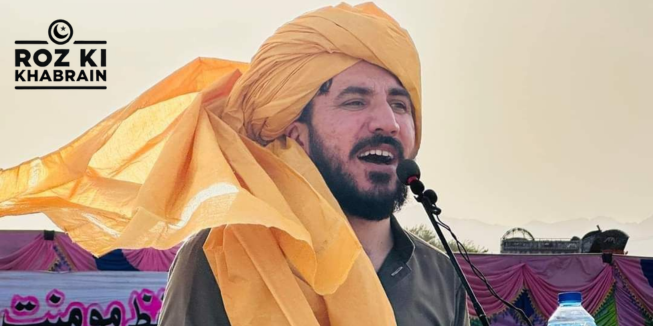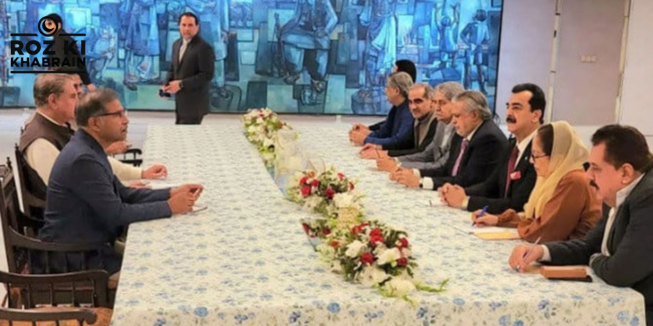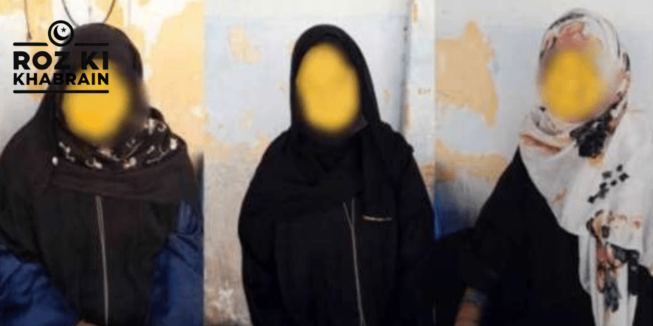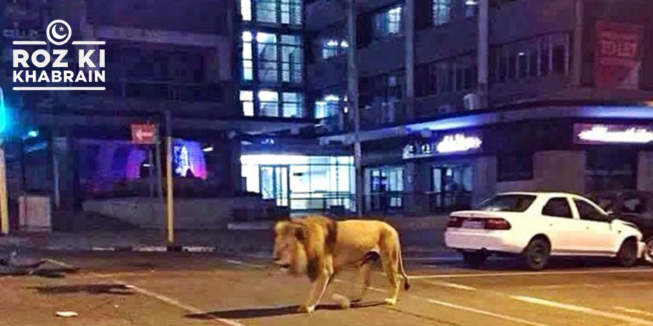Interior Minister Mohsin Naqvi criticized the recently banned Pashtun Tahaffuz Movement (PTM) on Wednesday for its provocative rhetoric, coinciding with reports of violence ahead of the three-day Pashtoon Qaumi Jirga in Khyber district.
Naqvi stated that the government is open to discussing rights-related issues with anyone, provided it’s done in a “proper manner.”
On Sunday, the federal government imposed a ban on the PTM, citing threats to national peace and security. The day before, the Khyber Pakhtunkhwa government prohibited its officials from participating in the upcoming Pashtoon Qaumi Jirga, also known as the Pashtun Qaumi Adalat, organized by the PTM, and issued public warnings against any involvement. Khyber Deputy Commissioner retired Captain Sanaullah Khan also enacted Section 144 in the district for 30 days.
This action comes as the grand jirga is scheduled for October 11 in Khyber district. Diehard activists gathered at the venue in Jamrud on Sunday evening in defiance of the federal government’s orders and vowed to proceed with the gathering.
During a press conference in Islamabad, Naqvi reiterated the federal government’s ban on the group and expressed no objections to organizing a jirga, stating, “Jirgas have been held before and will continue to be held, and no one has an issue with it. However, a gathering of thousands is not a jirga but something else.”
He pointed out that while the event was referred to as a jirga, it was also being labeled as a court.
The security czar emphasized that the government would not permit a “parallel judicial system” under any circumstances, explaining that the ban was a response to the PTM’s alleged rhetoric against state institutions and law enforcement.
“You are promoting division within the nation by fostering ethnic divides. Discussing political topics and rights is acceptable, but inciting animosity against institutions is not permitted,” he said.
Naqvi acknowledged that leaders from several major political parties had met with PTM representatives to express solidarity regarding rights issues, but made it clear that discussing rights while advocating violence was unacceptable.
“There was no further contact between the two groups after that meeting,” he added. “People tried to convey to them that if it was truly a matter of rights, we should all speak as one.” He stated that the federal government was also willing to engage in discussions about human rights with those who addressed the issue appropriately.
He remarked that the federal government could not remain silent while state institutions were continuously attacked.
“The PTM has been banned, and the KP government has placed 54 individuals on the Fourth Schedule, while Balochistan has placed 34,” he noted.
Being included in the Fourth Schedule under the Anti-Terrorism Act designates a person as proscribed, imposing restrictions such as passport bans, freezing of bank accounts, prohibiting financial support, banning arms licenses, and limiting employment opportunities.
Naqvi further explained that federal and provincial governments are legally obligated to seal the offices of banned organizations, with various restrictions on media, financial services, travel, arms licenses, and identification documents.
“It has been banned. Anyone who assists them in any way or attempts to help them will also fall under these sanctions,” he asserted.
The interior minister alleged that videos and footage related to the PTM were produced by “foreign companies with external funding.”
“Whoever your masters are, we have a clear message for them: if you attempt to spread division in our country, we will respond accordingly,” Naqvi warned.
He added, “Don’t expect that you can create discord in our nation while we remain silent. The same goes for anarchists; there will be no forgiveness.” He asserted that any intrigue or armed opposition to the country would not be tolerated.
Allegations of Violence
Meanwhile, the PTM claimed earlier today that three of its supporters were killed due to “straight firing” by law enforcement agencies ahead of the jirga.
Awami National Party (ANP) MPA Nisar Baaz stated during a KP Assembly session that as people gathered for the jirga, police acted on orders from the KP government, resulting in three fatalities and over ten injuries.
Dawn.com has reached out to KP government officials for their comments.
Baaz condemned the ban on the PTM as “unconstitutional.”
The Human Rights Commission of Pakistan expressed its deep concern over reports of violence from Khyber, stating, “We oppose any unwarranted and unlawful force used against unarmed protesters.”
Legal Restrictions
Earlier today, a two-member bench of the Peshawar High Court (PHC) prohibited the PTM from holding the jirga on disputed land, instructing police to maintain law and order.
The PHC issued a stay order against the event on the disputed land and adjourned the case until October 15. The bench included Justice Attiq Shah and Justice Sahibzada Asadullah.
The additional attorney general informed the court that the federal government had banned the PTM and that their activities were illegal under the law.
He mentioned that law enforcement’s actions against any banned organization were legally justified and that the land being used for the gathering was disputed.
A local resident filed the petition with the PHC against the PTM’s jirga, listing the federal and provincial governments, the inspector general of police, and PTM leader Manzoor Ahmad Pashteen as respondents.
In his petition, he argued that following the constitutional amendment, all tribal districts were merged into KP and must adhere to “the law of the land,” asserting that a national court was unconstitutional in this situation. The petitioner sought a stay order on the jirga until a final decision was made.




